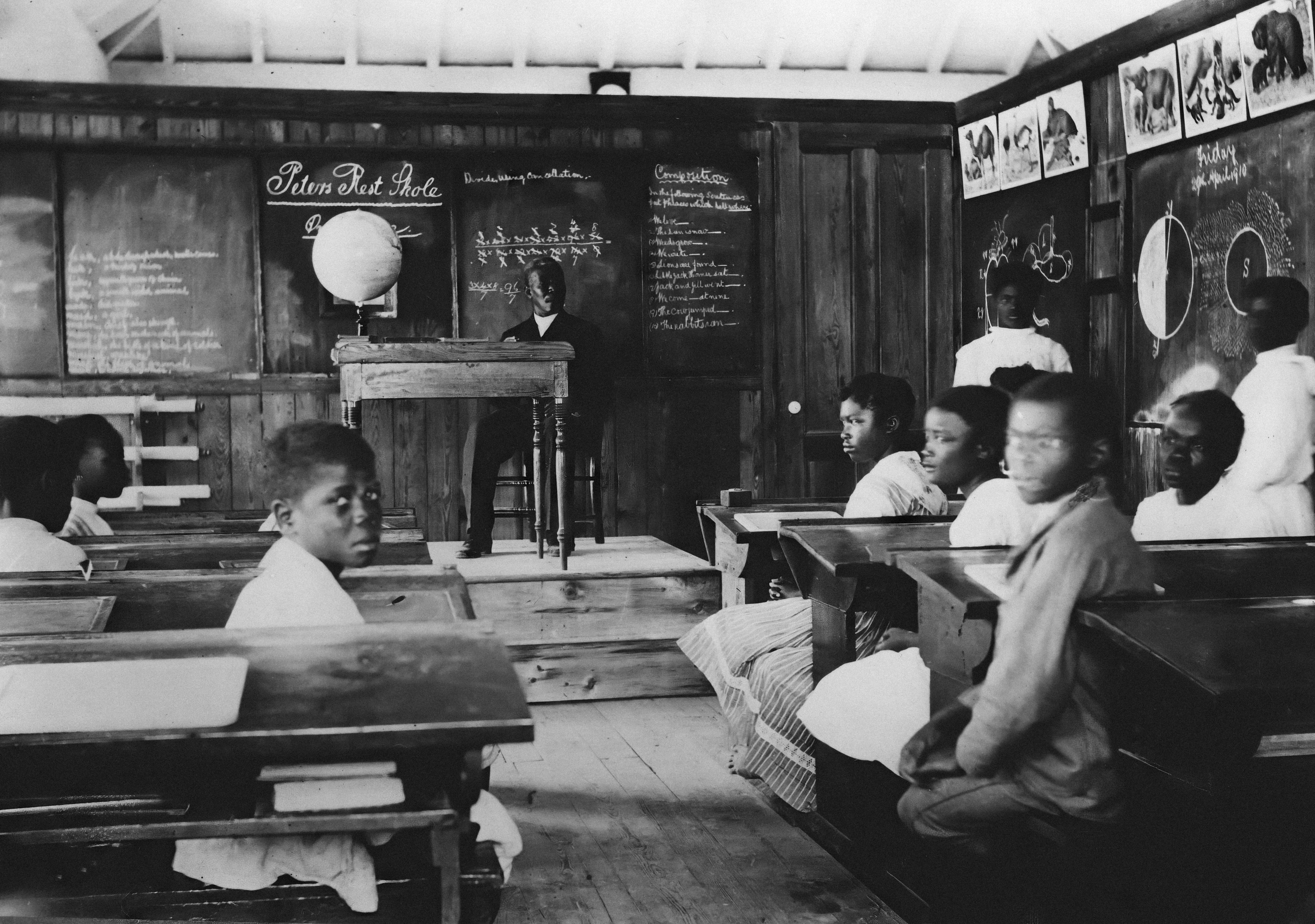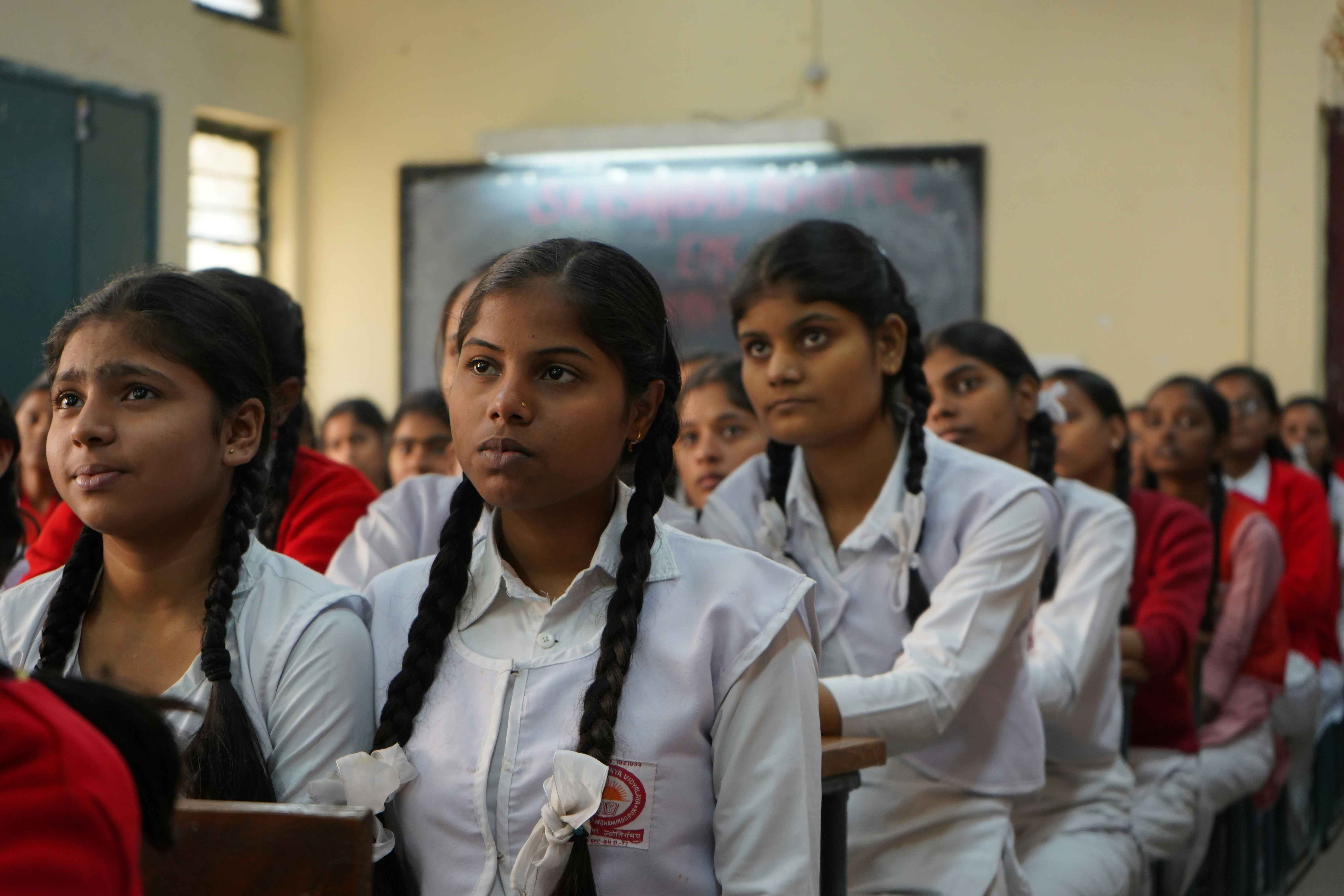
20 Importance of Civic Education might sound like just another list—but it’s way more than that. All democracies depend on civic education to thrive as a powerful democratic foundation. The subject extends beyond laws and rules as well as voting processes. People need academic tools together with confidence and mental frames for taking action and active participation. Through civic education members of both student and teaching communities gain the capability to become influential citizens who bring honest leadership and meaningful change. This piece examines how civic education needs to receive primary placement in all community spaces as well as educational institutions.
What Is Civic Education?
Simply put, civic education teaches people about their rights and duties in a democracy. It shows what you’re expected to do as a member of society—instilling values like respect for laws, fairness, and the drive to participate in local and national decisions. Whether you’re in a classroom or chatting over at a community center, it doesn’t just focus on politics. It gently nudges folks to join clubs, community groups, and even casual public debates, becoming a key part of a rounded education. For students, it’s a chance to grab practical skills that go hand in hand with traditional subjects; for educators, it’s a way to equip the next generation with tools needed to build a more informed, united, and responsible world.
The 20 Importance Of Civic Education
Below are some essential reasons showing why civic education is so important:
1. Instilling Social Responsibility
It spurs people to look beyond personal interests and focus on the common good. By encouraging community service, volunteering, and even small-scale activism, civic education helps build tighter-knit communities.
2. Promoting Active Participation
Learning about civic duties pushes us to join in public life—whether that means voting, attending local meetings, or even speaking up in community discussions. In most cases, this kind of involvement makes a real impact on the policies that shape our lives.
3. Building an Informed Electorate
When people understand their rights and the ins and outs of the electoral process, they generally make better choices at the polls. An informed voter pool leads, predictably, to more representative and effective governance.
4. Respecting the Rule of Law
By breaking down how legal systems work (and yes, it can be a bit messy sometimes), civic education builds a culture that respects rules and regulations, which in turn helps reduce chaos in society.
5. Fostering National Unity
It creates a shared sense of purpose, reminding us that—even with our differences—we’re all in this together. By celebrating diversity and emphasizing working together for the greater good, civic ed helps knit a nation closer.
6. Encouraging Critical Thinking
Discussing and sometimes even debating tricky issues helps people learn to see things from multiple angles. This practice of evaluating different perspectives often leads to opinions that are more thoughtfully formed, if not a bit unpredictable at times.
7. Understanding Social Justice
Civic education dives into topics like inequality and discrimination. It inspires many to notice societal flaws and, quite often, to push for better human rights and fair treatment for all.
8. Enhancing Political Awareness
It sheds light on how governments and political systems operate in real life, giving students the background they need to participate confidently in discussions and decisions about their futures.
9. Developing Ethical Leadership
By exploring what it really means to lead with integrity and accountability, civic education sets the stage for tomorrow’s ethical leaders—those who are as committed to truth as they are to progress.
10. Preventing Social Unrest
When disagreements pop up, a grounding in civic values can make all the difference. It encourages peaceful conflict resolution and dialogue, which helps keep our communities from spiraling into unrest.
11. Understanding Economic Issues
Civic ed ties economic ideas to real-life situations—helping students see how policies affect everything from small businesses to major industries. This practical grasp of economics lets learners navigate the complexities of both today’s and tomorrow’s challenges even if things sometimes get a bit tangled.
Overall, civic education isn’t merely an academic subject; it’s a way of preparing everyone to take part in building a better, more united society—even if the approach can vary from one community to the next. How policies like taxation and trade sway everyday life and shape society’s overall growth.
12. Staying in Tune with Big Issues
Civic edcuation keeps people clued in about what’s happening around them—both at home and abroad. It shows folks how to really dig into news, letting them see how each headline might touch their daily routines, and, in most cases, making them think twice about what they read.
13. Exploring the Core of Democracy
Classes on freedom, equality, and justice aren’t just about big ideas. They remind us why our shared way of life sticks together. Students come away ready to live those ideals out in the real world, not just from a textbook.
14. Valuing the Role of Local Groups
Local NGOs and community groups play a huge part in keeping things fair. Civic edcuation highlights how these groups work, hinting that maybe, just maybe, students should consider getting involved or teaming up with them—sometimes in unexpected ways.
15. Digging into Human Rights
Learning about personal rights and those of others gives students the tools they need to stand up against injustice. This kind of knowledge lets people challenge unfair practices whenever they crop up, even if the arguments get a bit messy along the way.
16. Building Community Duty
At its heart, civic edcuation sparks a genuine sense of responsibility for one’s own neck of the woods. It pushes students to get involved—be it cleaning up local spots or lending a hand at charity events. Sometimes, those small actions make a big difference.
17. Embracing Diversity
When students chat and share experiences about different cultures, religions, or ethnic backgrounds, they start to appreciate what makes each group unique. Open, relaxed discussions help build communities where mutual respect isn’t just an idea—it’s lived every day.
18. Jumpstarting Local Involvement
There’s real power in simply joining in. Whether it’s by attending a local council meeting, volunteering for a social cause, or even organizing a quick workshop, civic engagement brings people together. These spur-of-the-moment actions often spark positive, lasting change.
19. Voting with Thoughtfulness
Civic edcuation teaches that casting a vote is more than just a duty—it’s a thoughtful, deliberate act. When students really understand the stakes, they tend to vote in a way that leads to fairer, more meaningful representation.
20. Looking Beyond the Neighborhood
Good civic edcuation doesn’t stop at local issues. It stretches its arms across borders, helping people grasp global challenges and different cultures. In this way, it teaches values like sustainability and teamwork—stuff that sure comes in handy when facing worldwide problems.
Putting Civic Education into Action
It isn’t all theory; civic edcuation bursts into life when you get involved. Jump into a community project, volunteer with a local NGO, or even take part in a school debate on how things are run—each act brings the lessons a little closer to home. Teachers are generally encouraged to mix things up with interactive lessons—discussing current events on a whim or even staging mock elections so that learning becomes a natural, sometimes unpredictable conversation.
How Civic Education Shapes Our World
Civic edcuation goes beyond classroom walls—it helps shape thoughtful, active, and downright responsible citizens. By instilling social care, critical thinking, and a knack for unity, it lays down the groundwork for engaged communities ready to tackle the challenges of democracy and push for human progress.
For students, it’s a shot at sparking change right in their own backyards; for educators, it’s a legacy that echoes through generations; and for society as a whole, it remains that essential foundation on which progress and togetherness are built.
If you found some good ideas here, pass this along—sharing it might just inspire someone else to pitch in and help build a better, more connected community!






